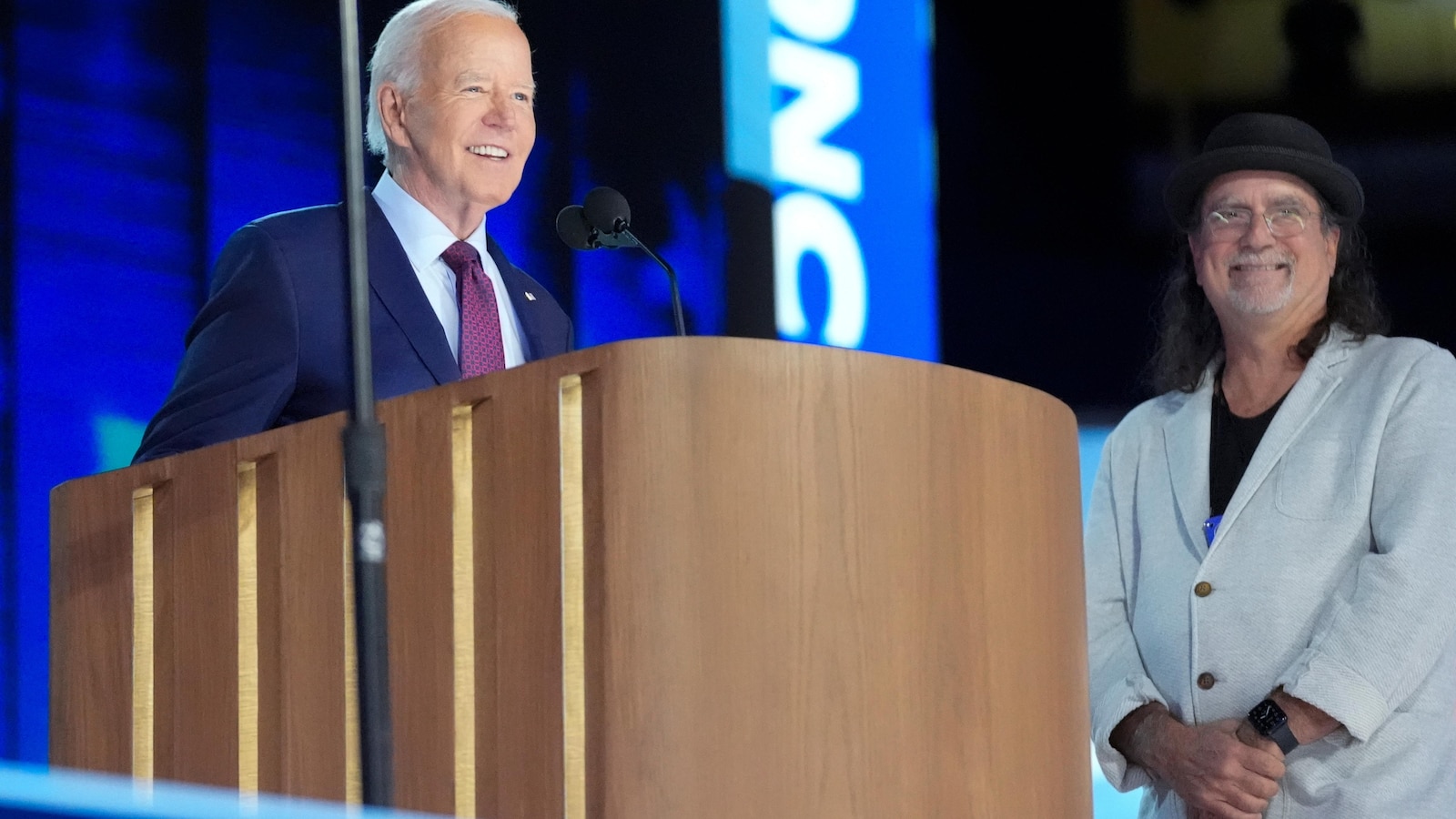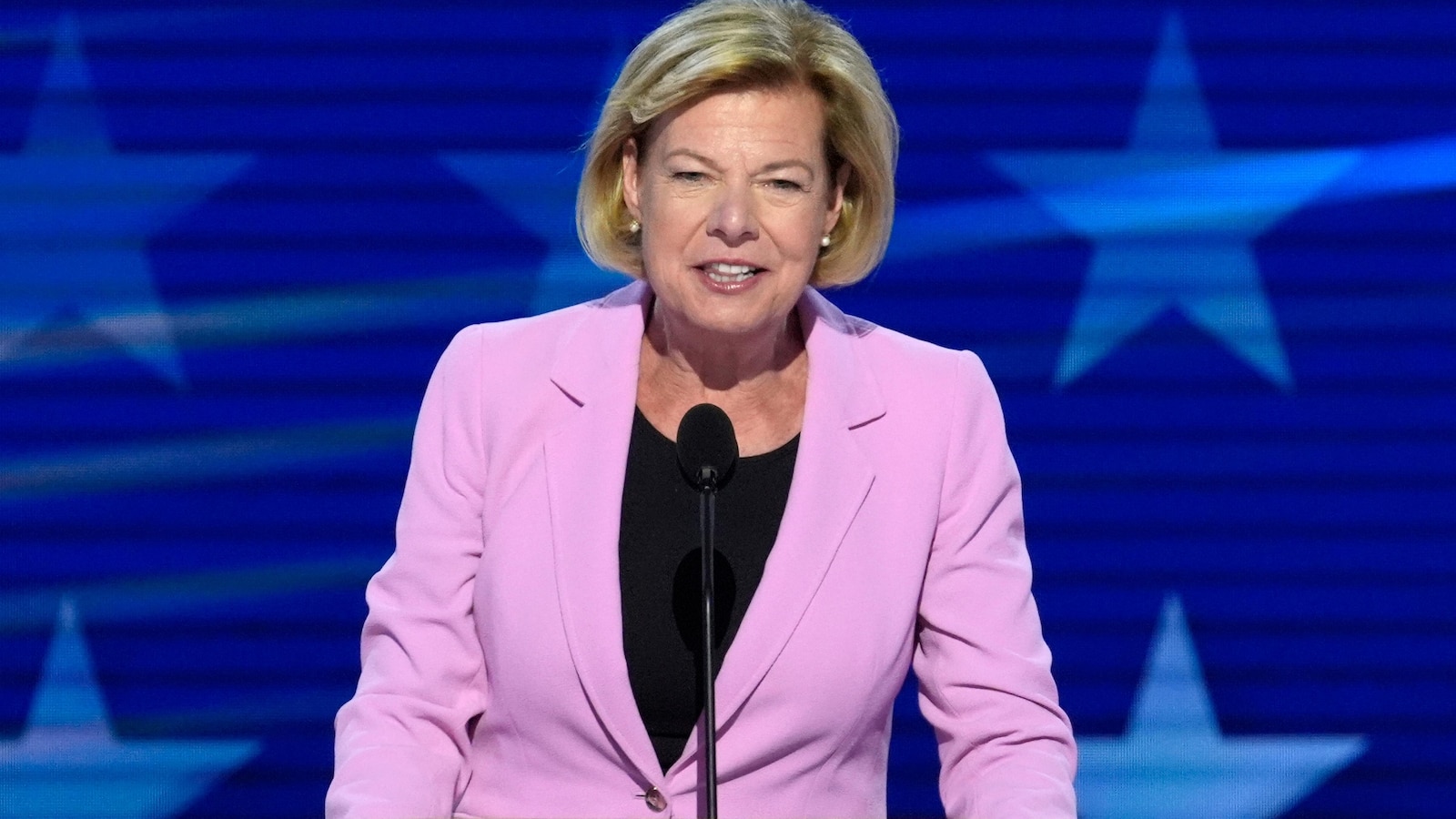[ad_1]
DALLAS — The Justice Department is defending a plea deal it struck with Boeing over planes that crashed and killed 346 people, saying in a court filing Wednesday that it lacks evidence to prosecute the company for more serious crimes.
Prosecutors said if the plea deal is rejected and the case goes to trial, they will not offer testimony or evidence about the causes of two crashes in 2018 in Indonesia and 2019 in Ethiopia, nor will they charge any Boeing individuals.
Boeing agreed last month to plead guilty to a single felony charge of conspiracy to commit fraud for deceiving regulators who approved the 737 Max. Under the plea deal, Boeing would pay a fine of at least $243.6 million, invest $455 million in compliance and safety programs, and be placed on probation for three years.
The Justice Department made Wednesday’s court filing in response to relatives of some of the people killed in the crashes, who asked a federal judge in Texas to reject the settlement. The relatives argue that the sentence approved by prosecutors is light punishment considering the loss of lives.
U.S. District Judge Reed O’Connor in Fort Worth, Texas, can accept the plea agreement and proposed sentence, or he could reject the deal, which likely would lead to new negotiations between Boeing and the Justice Department.
Prosecutors said if the case goes to trial, they would still try Boeing on the same conspiracy charge, and not for two more serious charges: manslaughter or death resulting from fraud involving aircraft parts.
“The agreement is a strong and significant resolution that holds Boeing accountable and serves the public interest. It holds Boeing to account for the most serious, readily provable offense,” department officials told the judge.
The department repeated its previous position that even with the deal, Boeing could still be charged in connection with the blowout of a panel from the side of an Alaska Airlines Max during a January flight.
Boeing, which is based in Arlington, Virginia, is alleged to have hidden details about new flight-control software from the Federal Aviation Administration. In both crashes, the software caused the nose to pitch down repeatedly and forcefully based on faulty readings from a single sensor, and pilots were unable to regain control.
Boeing blamed two relatively low-ranking employees for the deception under a 2021 settlement that would have let the company escape criminal prosecution. However, the Justice Department revived the possibility of prosecution in May, when it told the judge that Boeing violated terms of that settlement.
Judge O’Connor has previously ruled that he lacked power to overturn the 2021 deal, called a deferred-prosecution agreement, and it is unclear whether he would scuttle a plea agreement.
The judge has accused Boeing of “egregious criminal conduct.” He also ruled that the Justice Department violated a law granting rights to crime victims by not telling families of the passengers about secret negotiations with Boeing before the 2021 deal.
This time, prosecutors “have repeatedly and extensively consulted with the families,” including discussing the terms of a plea agreement,” said the deputy chief of the Justice Department’s fraud section, Sean Tonolli.
“Their voices have been heard, considered, and incorporated into the government’s decision-making,” he said.



